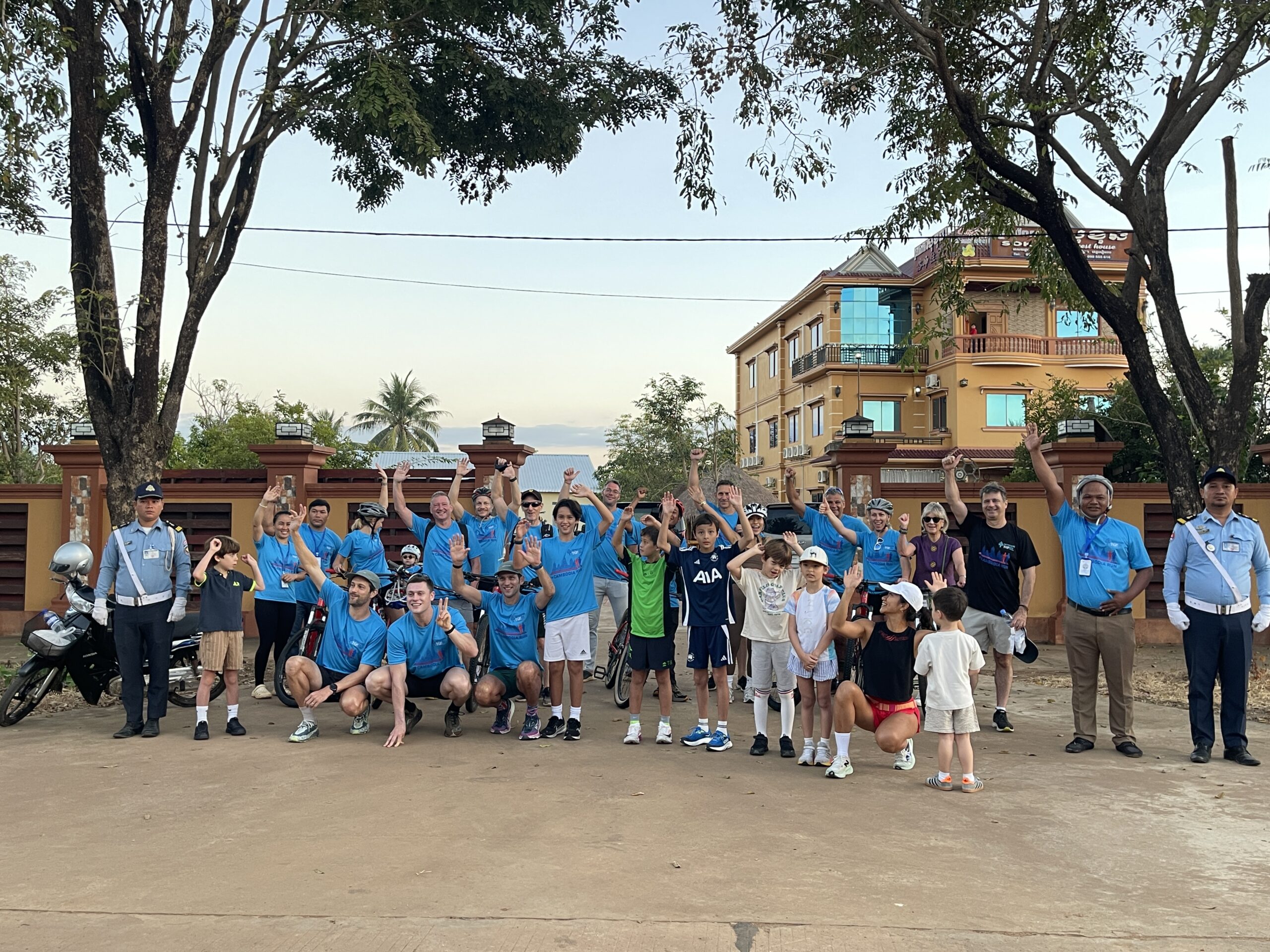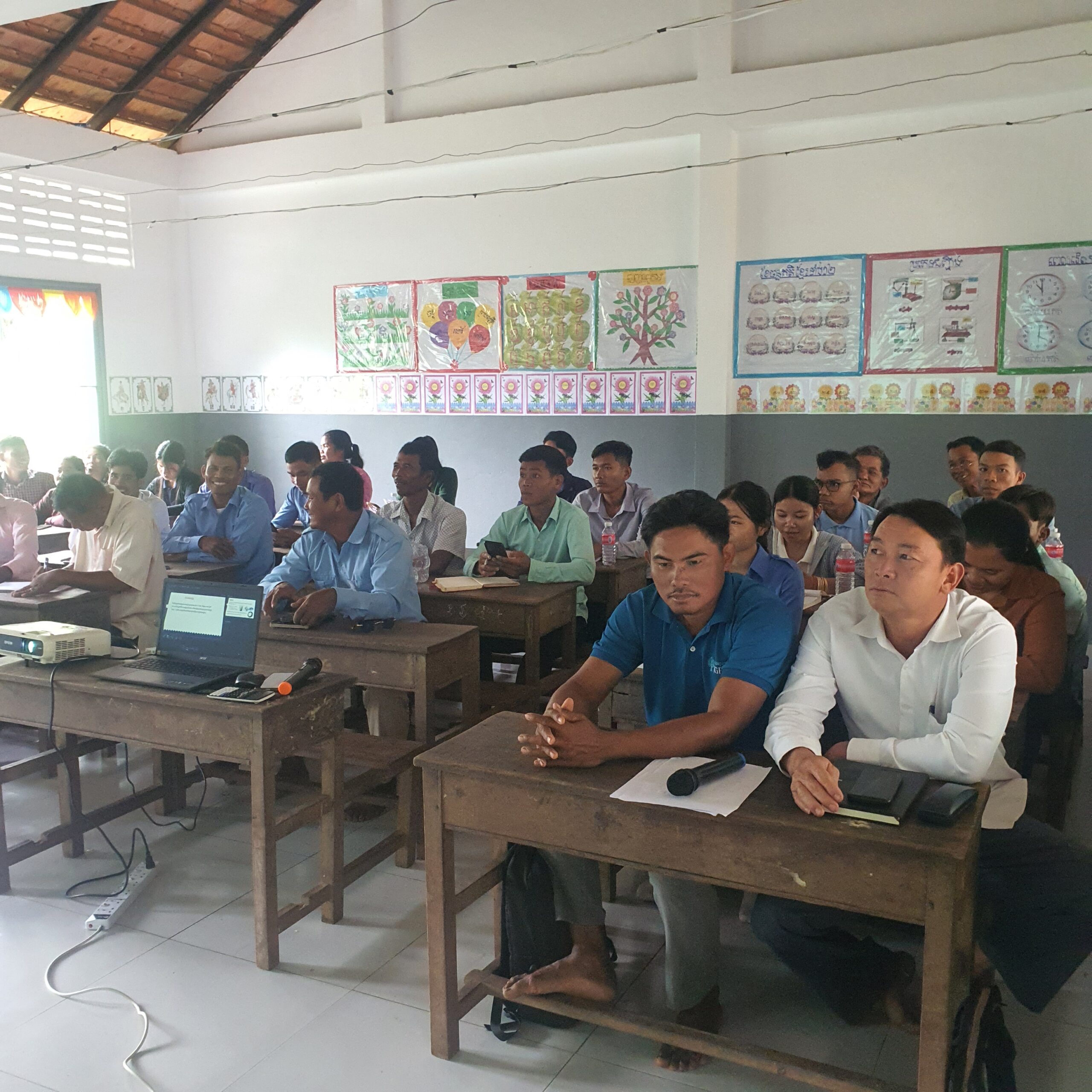Access to education is a fundamental human right, yet poverty continues to be a major barrier preventing children in Cambodia from obtaining the education they deserve. According to a UNICEF report from 2018[1], children from poor households are less likely to attend school and more likely to drop out early. In Cambodia, only 50% of children from the poorest 20% of households complete primary school, compared to nearly 90% of children from the wealthiest 20% of households.
At the Temple Garden Foundation, we believe that education is one of the main keys to breaking the cycle of poverty in rural communities. That’s why we have launched a scholarship program for five committed grade 4 students at Phlong Primary School in Pongro Kroam commune and their families.
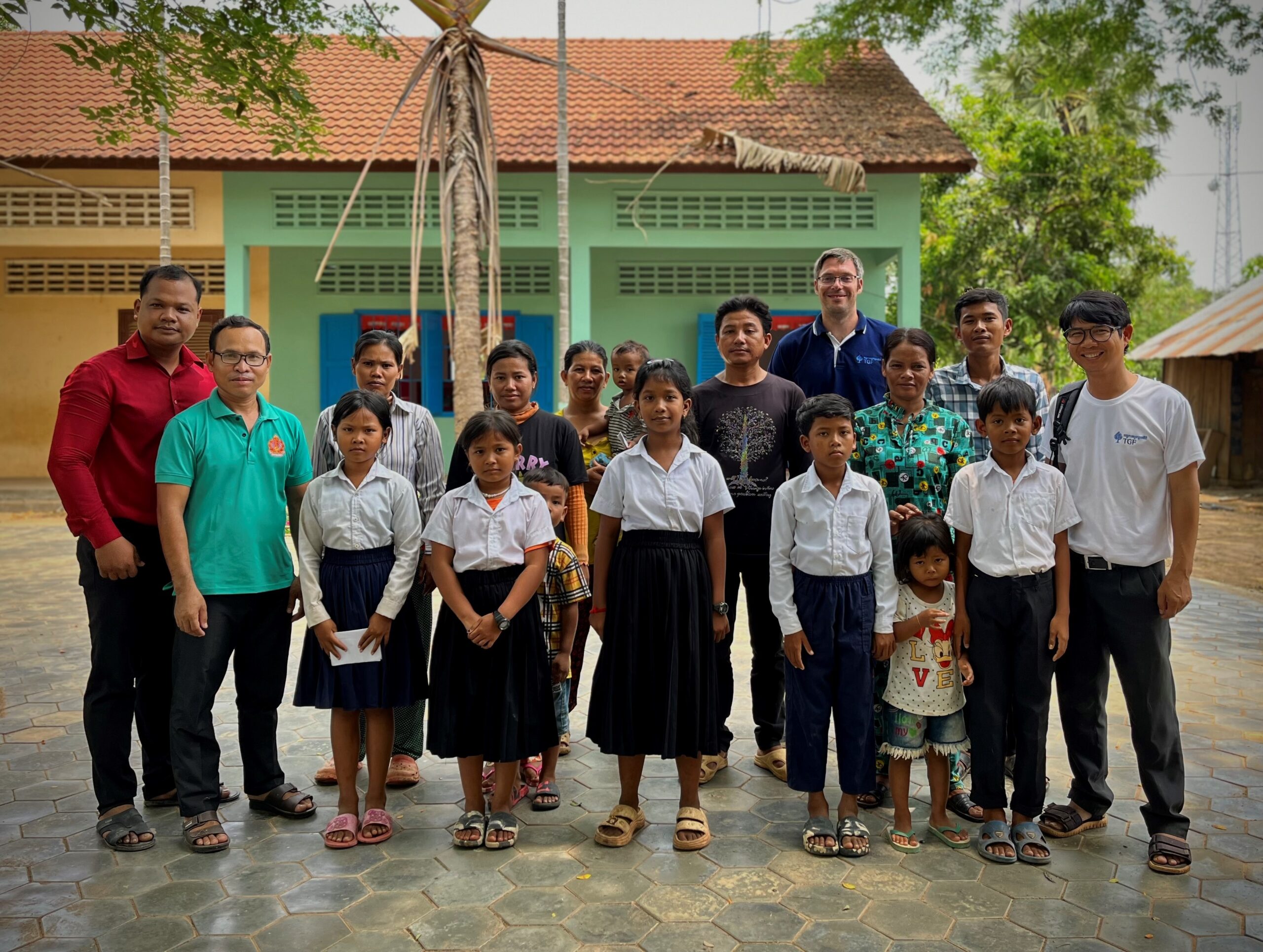
With the help of the school director and the School Management Committee (SMC), our program carefully selects families based on the following criteria:
- Parents value their children’s education.
- Students commit to their studies.
- Parents demonstrate a need for financial support.
- The SMC and other stakeholders identify the family as poor.
- Willingness to volunteer and join our Income Generation (IG) program.
Selected families receive financial support for school materials, such as uniforms, books, and supplies, as well as business start-up support. This not only helps the students succeed academically but also strengthens their families’ economic situation. We strongly encourage families to participate in our Income Generation Program by becoming Savings Group members. Through this program, families gain knowledge about saving, loans, and bookkeeping, which can help them build long-term economic resilience. In addition, we invite families to participate in one of our Integrated Farmer Field Schools (IFFS). These schools provide valuable skills such as vegetable growing, chicken raising, fish raising, composting, and more. By participating in our IFFS program, families can learn new techniques that will allow them to grow their own food, increase their income, and improve their overall quality of life.
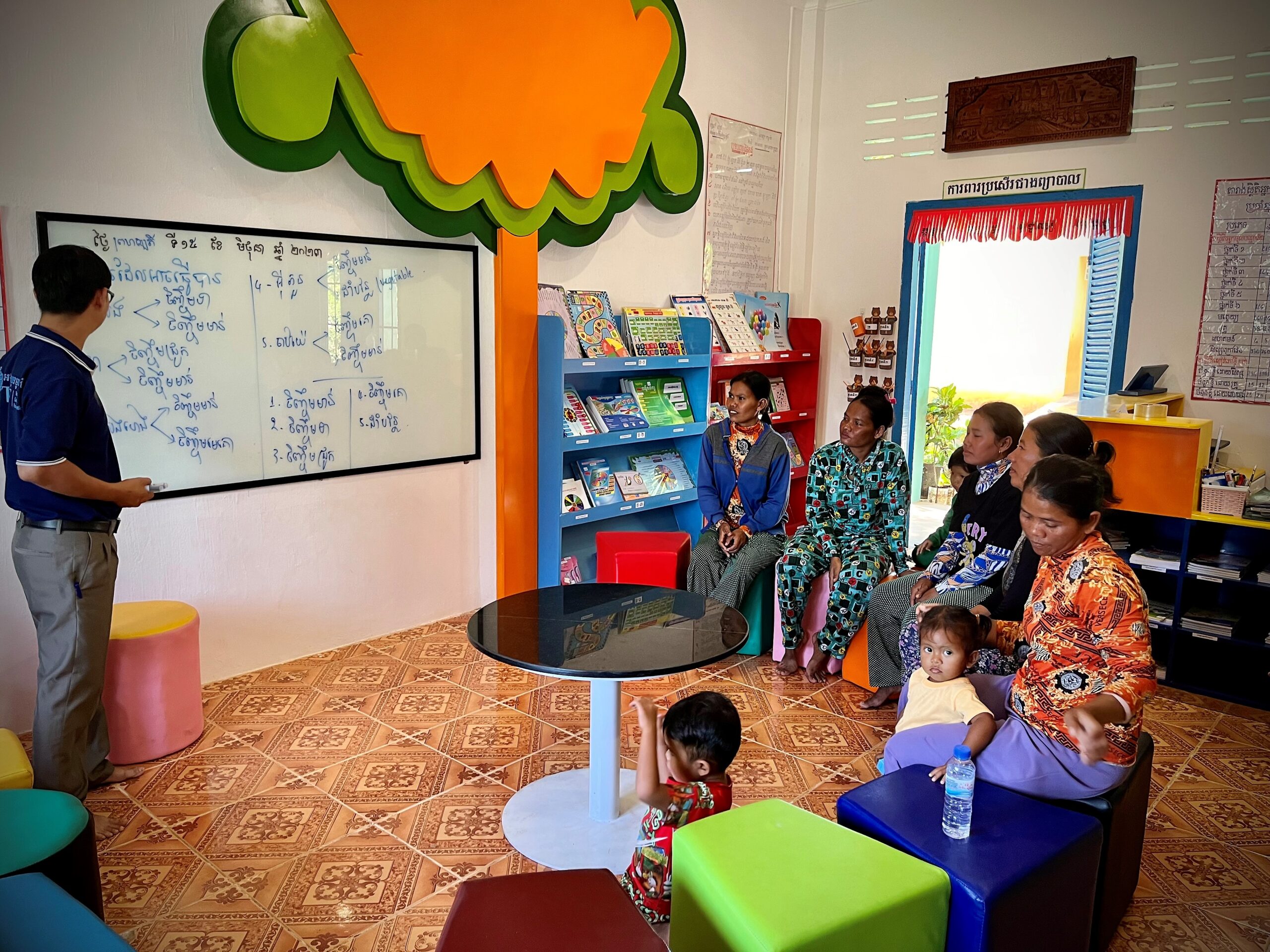
We have met with the selected families and students several times to provide more information about the program, raise commitment levels, and listen to students’ and families’ needs and business ideas. Since the kids have a significant distance to travel to school, we discussed how bicycles could help with their daily commute. We also listened to income-generating ideas from the families and discussed the pros and cons of such ideas, providing opportunities for families to gain more knowledge and achieve the best outcomes for their ideas.
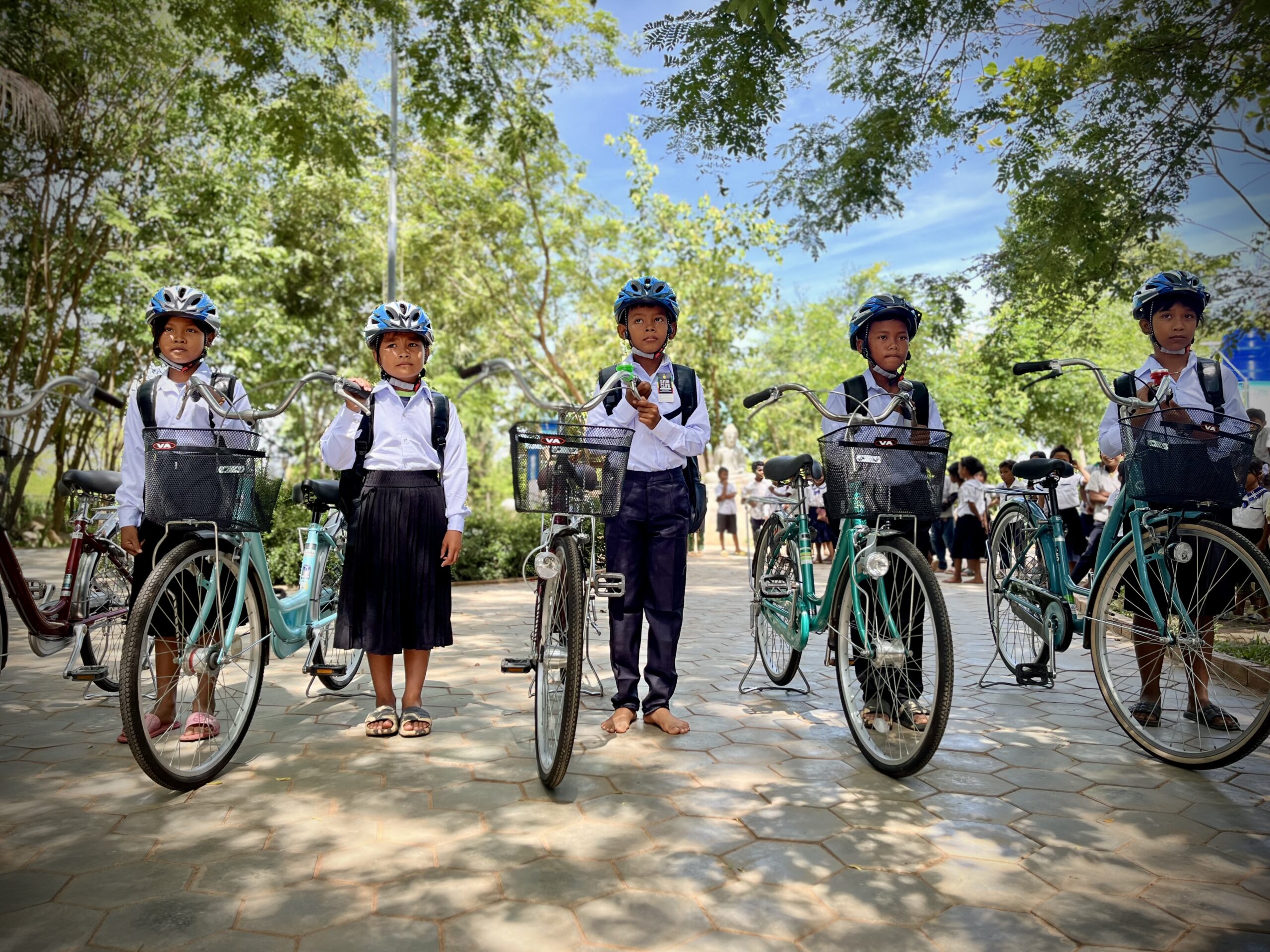
We believe that our program will make a difference. As we work with these five families, we will carefully observe and evaluate the positive impact of our scholarship program on their lives and how it can break the cycle of poverty in rural communities. This is only the beginning, and we are committed to expanding our efforts to support more families and students in need.
[1] UNICEF, “Cambodia: Education,” https://www.unicef.org/cambodia/education-fact-sheet-2018.

